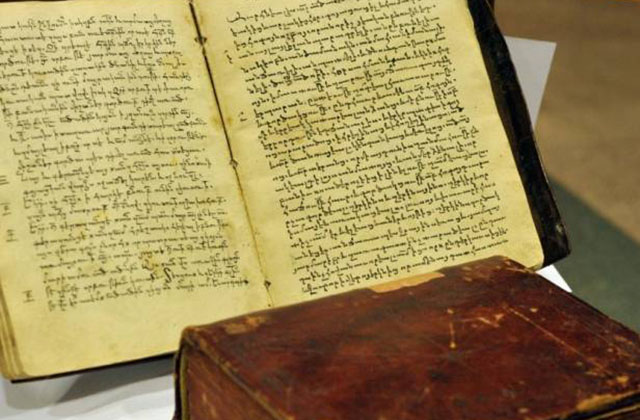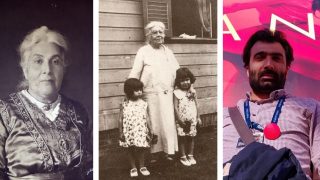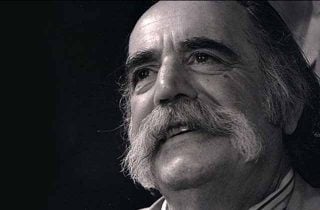Armenian Diaspora Opinion Survey results released

The Armenian Diaspora Survey (ADS) published the results of the first ever survey which presents the issues, attitudes and trends shaping the Armenian world in the 21st century, Massis Post reported.
The 150-page Pilot Project includes six thematic chapters – identity, language and culture, religion, community, policy and relations with Armenia, as well as the full results of the pilot survey conducted in May and June 2018 in Boston, Cairo, Marseille and Pasadena.
Hratch Tchilingirian, a scholar at University of Oxford, says the main goal of this research project is to understand the multilateral and various aspects of the life of the Armenian Diaspora.
According to him, the information and all responses of the survey can be useful for the leaders of communities and institutions of the Armenian Diaspora and policy-makers in Armenia, especially when they make decisions on the priorities and programs of the communities.
Over 1000 Armenians in four cities in the Diaspora took part in this survey, which was led by a team of academics, researchers and experts. In May and June 2018 four teams conducted the survey and interviews in Boston, Cairo, Marseille and Pasadena. These cities were chosen to provide variety for the initial phase, as well as for their community history and characteristics.
The overwhelming majority of the respondents consider the continuation of the Armenian Diaspora as important and meaningful space—94% marked as “fairly” to “very” important. Along these lines, 84% of respondents felt it was important to help Diaspora communities in the Middle East. This is significant as traditionally the Genocide and the Republic of Armenia have been the focus of funding, study or discourse in the Diaspora. The respondents showed interest in all of these, but considered the Diaspora equally important. Armenia is “fairly” and “very” important to 90% of respondents and 75% have visited the country at least once, while 93% intend to visit.
Respondents said that Armenian language, history and religion were important to themselves and to Armenian identity generally—but variations appeared between the cities and further questions revealed broad variations in practice.
Even as ADS respondents in the four cities seem to be more active than perhaps a broader population of Armenians, 73% claimed no active affiliation with any Armenian political organization. However a majority said they were active in other Armenian organizations such as the AGBU, Hamazkain and others.
Predictably, Christianity is considered an important part of Armenian identity—for Apostolic, Evangelical and Catholic respondents across the four communities. While only 14-16% attended church weekly or monthly, 70% felt it is important to be married in an Armenian church.

























